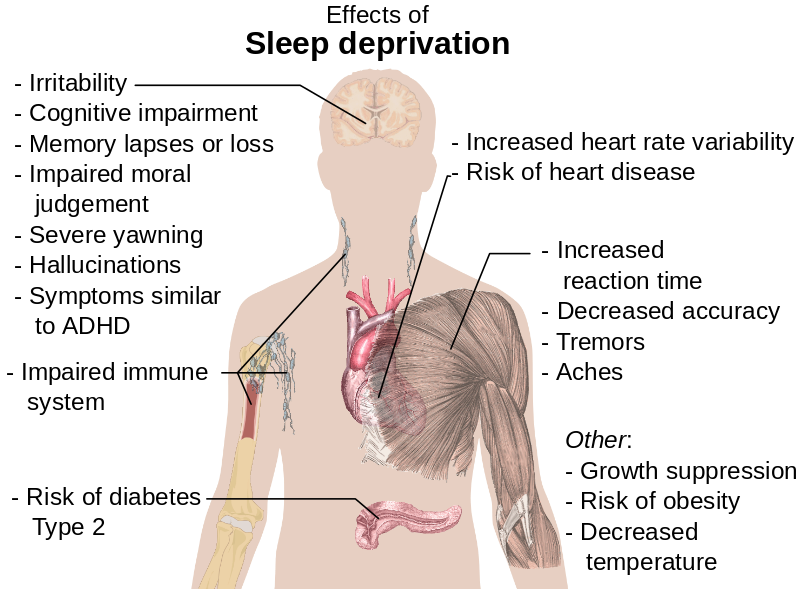The most common symptoms related to shift work sleep disorder are excessive sleepiness, difficulty sleeping, headaches, lack of energy and trouble concentrating.
If any of these symptoms are present, the individual needs to be evaluated by their doctor. The doctor may suggest a sleep study make sure there are no other underlying sleep issues occurring. VirtuOx offers home sleep studies to most patients. This type of sleep study allows the person to sleep in their own bed and continue with their normal bedtime routine.

What are the consequences of shift work sleep disorder?
Those that suffer from this disorder are at more risk for increased accidents either on the job or at home. They may also have increased irritability and mood swings. Shift work disorder can also lead to increased time taken off of work.
How to deal with shift work disorder?
One of the things and individuals that works shift work must do is make sleep a priority. Try to limit exposure to light on the drive home. The morning sun will activate the body’s internal daytime clock making it harder to fall asleep. Make sure to follow a bedtime ritual, even on the weekends. Try to go to sleep as soon as possible and get at least 7 to 8 hours of sleep every day. Ask family members to help keep the house quiet during sleep time.
Some tips on how to decrease the effects of shift work disorder:
1. A sleep diary. Keeping a sleep diary can help identify any problems and monitor the progression of treatment over time.
2. Try to decrease the number of a shift in a row. Those who work at night sleep less than those that work during the day. This is why shift workers become sleep deprived. Limiting the number of shifts that are worked in a row, gives time for the body to regenerate between shifts.
3. Try to avoid working extended work hours. If possible, avoid working excessive amounts of overtime or prolonged shifts. Make sure to have time to sleep and participate in social activities outside of work.
4. Try to avoid a long commute. Longer commutes take away from the time that is available for sleeping.
5. Avoid rotating shifts. Rotating shifts are harder to adjust to than working one set shift for a long period of time.
6. Make sure to get enough sleep on days off. Plan and arrange your sleep schedule and try to avoid alcohol, caffeine, and nicotine. This will ensure that you don’t start a new work schedule already sleep deprived.
7. Nap. A nap before or even during the shift can improve alertness.
VirtuOx is the leader in home sleep tests and pulse oximetry.
Click the link below to get more information plus to receive a FREE Report…